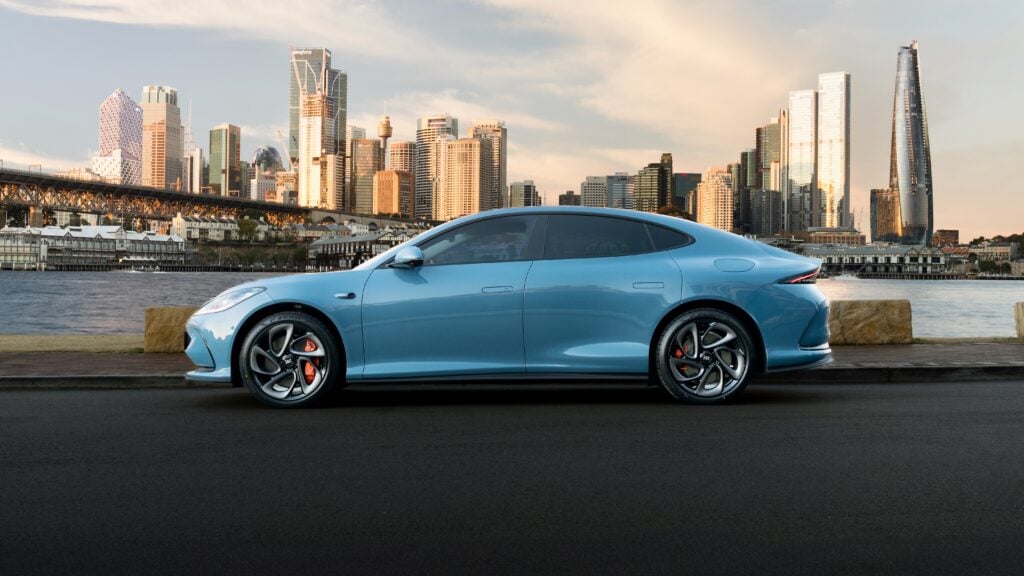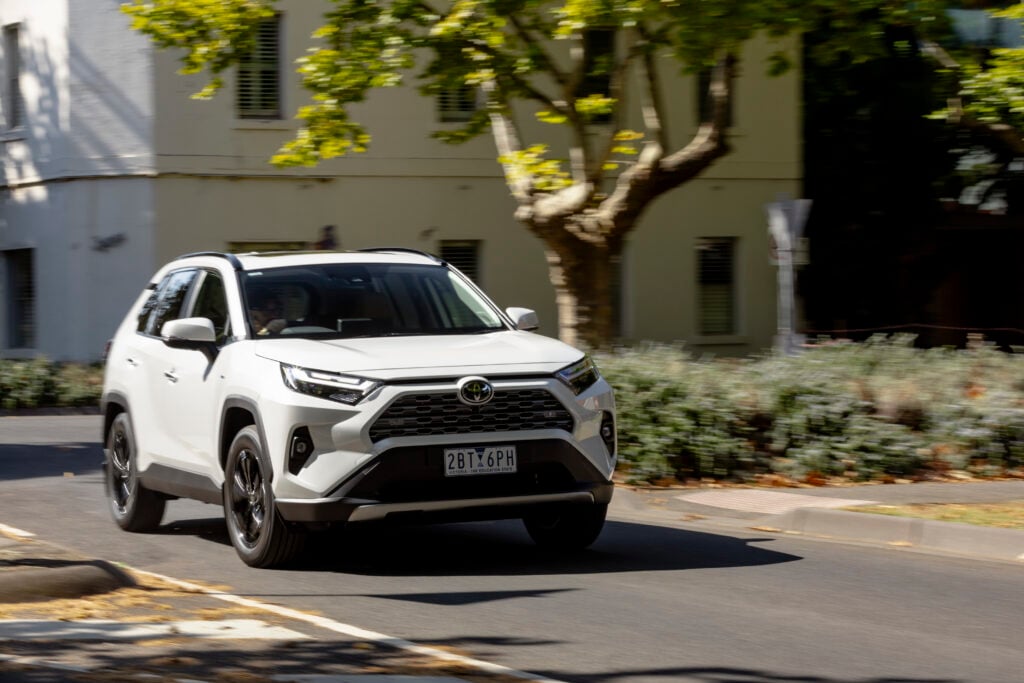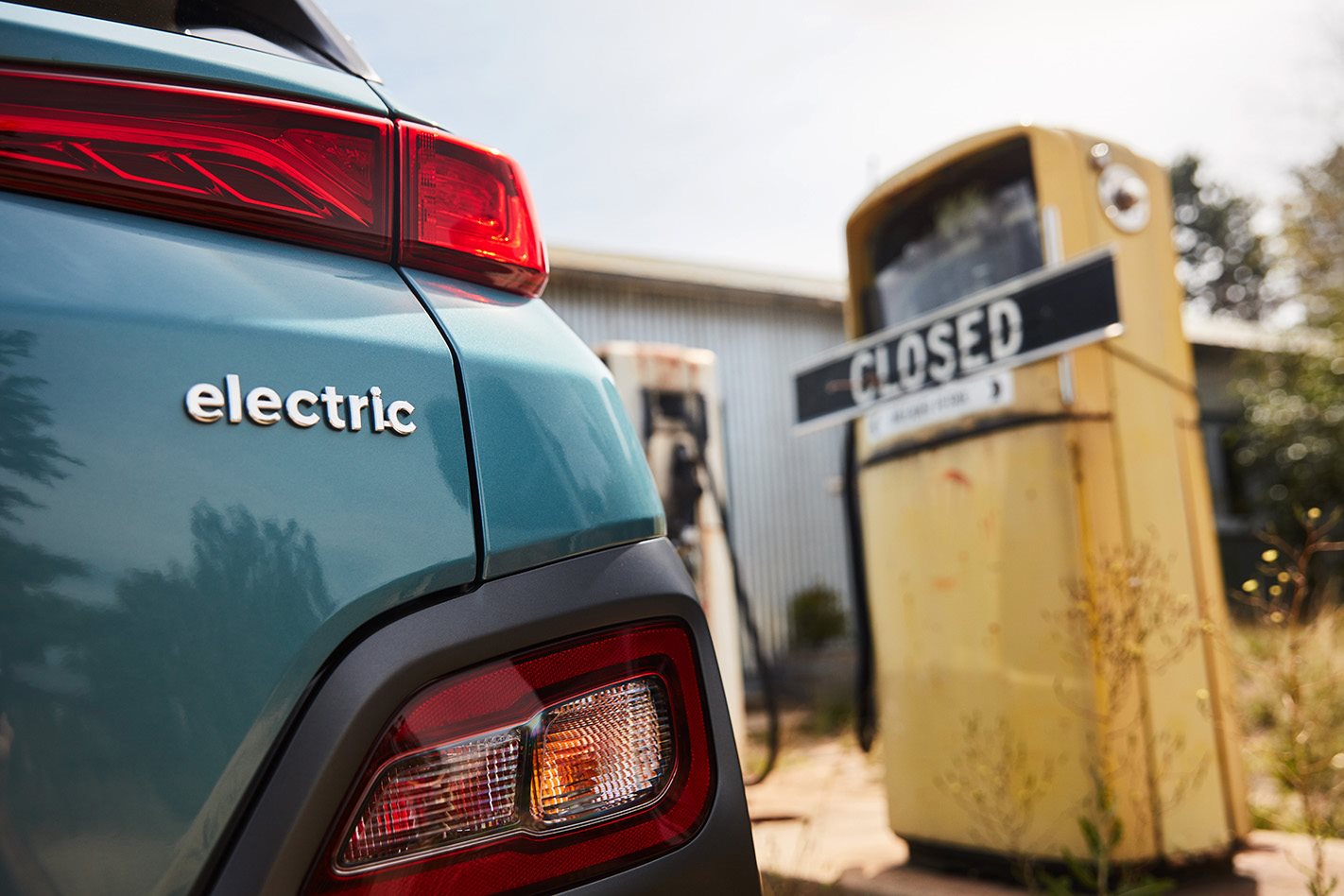
You know an election is near when the merits of electric vehicles are suddenly thrust into the world of partisan politics where, depending on which party you believe, they’re either the key to saving the world or the death of the great Aussie lifestyle.
The bizarre debate over electric cars was sparked when Labor leader Bill Shorten announced his party, if elected, would introduce a National Vehicle Electric policy that proposes 50 percent of all Australian vehicles sales will be electric by 2030. To reach that target, half of all government passenger vehicle purchases and leases would need to be electrified models by 2025.
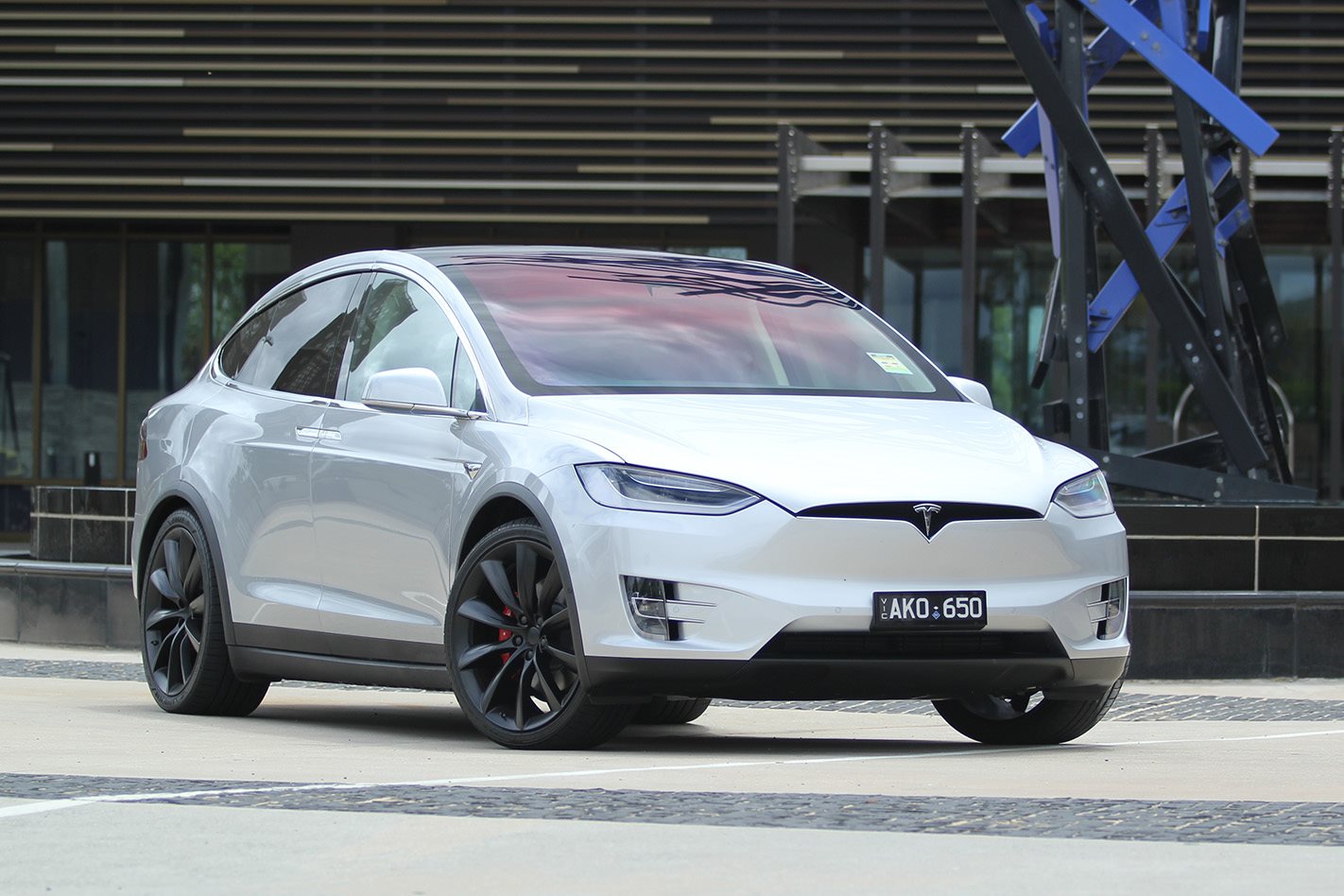
This was enough for everyone on the other side of politics to suddenly view EVs as the work of the devil, with some government MPs including Treasurer Josh Frydenberg and Energy Minister Angus Taylor suddenly back-flipping on their own recent upbeat assessments.
The EV bashing has unsurprisingly been backed up by the usual climate-change denying newspaper columnists who don’t seem to have heard about advances in battery technology – the mantra being all EVs take eight hours to charge and will leave you stranded on your way home from work.
Shorten’s unfortunate gaffe on Sydney radio where he erroneously claimed that EVs can recharged in about eight to 10 minutes provided further ammunition for the sprouting anti-EV movement to discredit them and his plan.
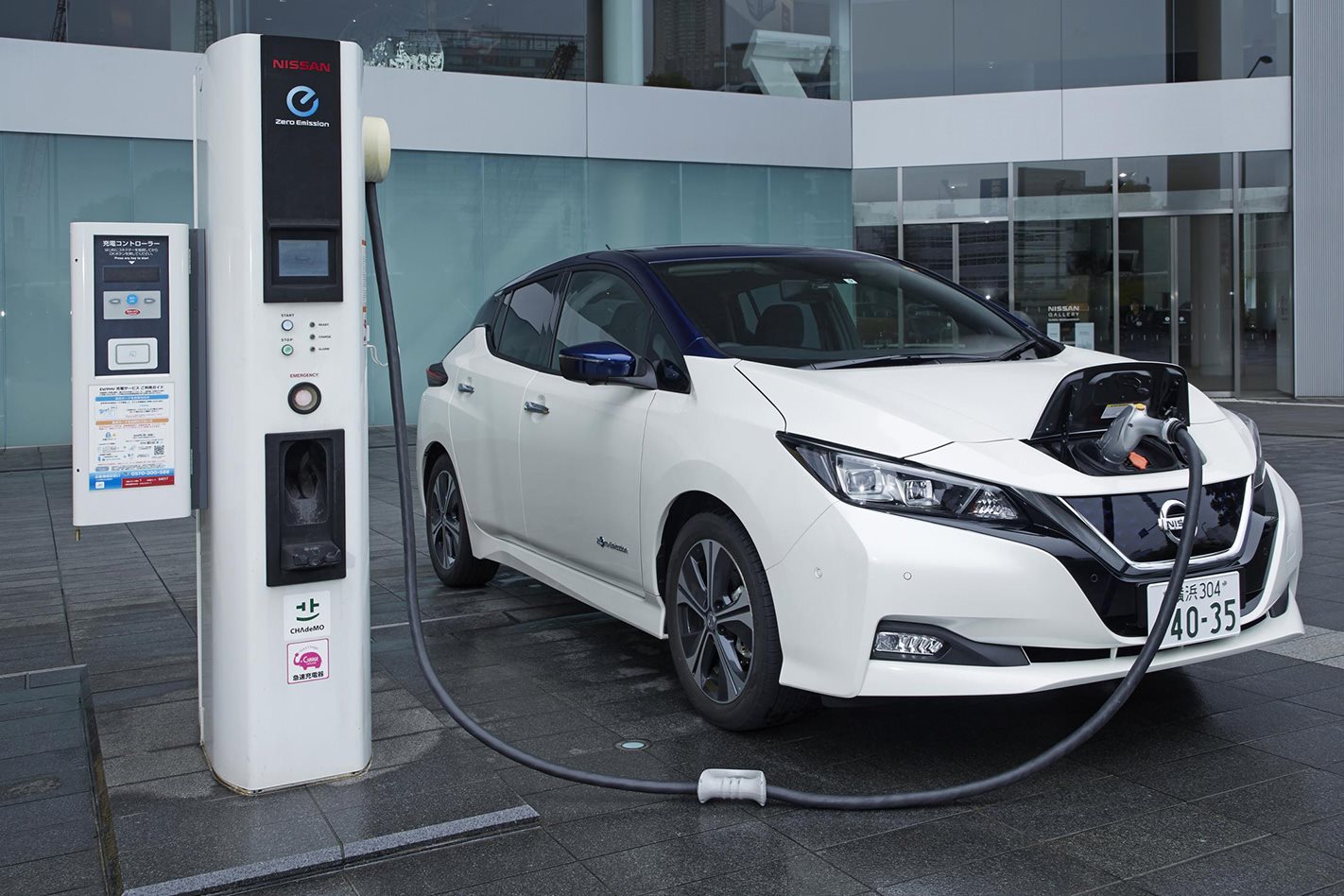
The past week has exposed plenty of misconceptions about EVs, the biggest being that their growth will somehow be influenced by our politicians, rather than international regulations and market forces.
So, let’s cut through the political spin to answer some common questions about battery electric vehicles.
How long does it take to charge an EV?
This varies based on the batteries and the type of charger used. Plug an EV car into the 240-volt socket in your garage and it will take at least overnight to provide a full charge from empty.
But it’s a different story with DC fast chargers and high-capacity batteries, which currently sees vehicles such as the Kia e-Niro, Jaguar I-Pace, the new Nissan Leaf, Mercedes-Benz EQC and Hyundai Kona Electric receive an 80 percent charge in about 40-50 minutes. All of these cars will be available here by the end of the year – and some are already on our roads.
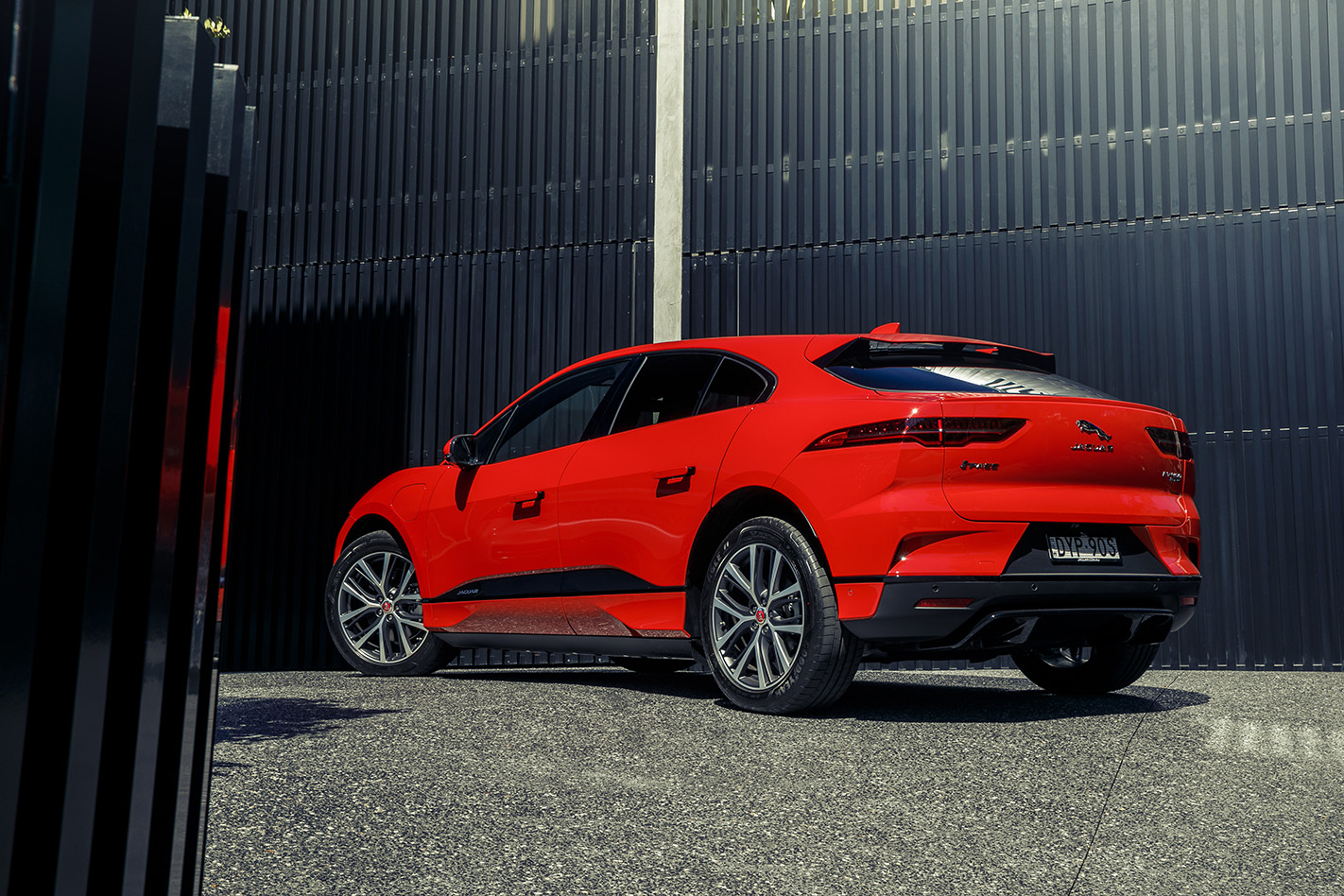
These times will continue to be bettered as battery and charging technology improve. Porsche has announced that its new Porsche Taycan electric sports sedan can receive enough charge for a 100km range in just four minutes – though don’t expect the charger hardware that enables that time to be cheap.
Putting charging times aside, what’s been lost in the political debate is that charging will mostly be done at any available opportunity to keep the batteries topped up, rather than waiting for the battery to nearly run dry like we do with petrol and diesel.
What kind of range do EVs provide?
A silly thing about the EV debate in Australia is the notion that they’re no good for such a large country like ours, the assumption there being that we all drive from Melbourne to Sydney every week.
Such long trips do show up the limitations of EVs, especially while the charging network is still in its infancy. But in reality most Australians live in big cities and travel less than 20kms both ways for their daily commute.
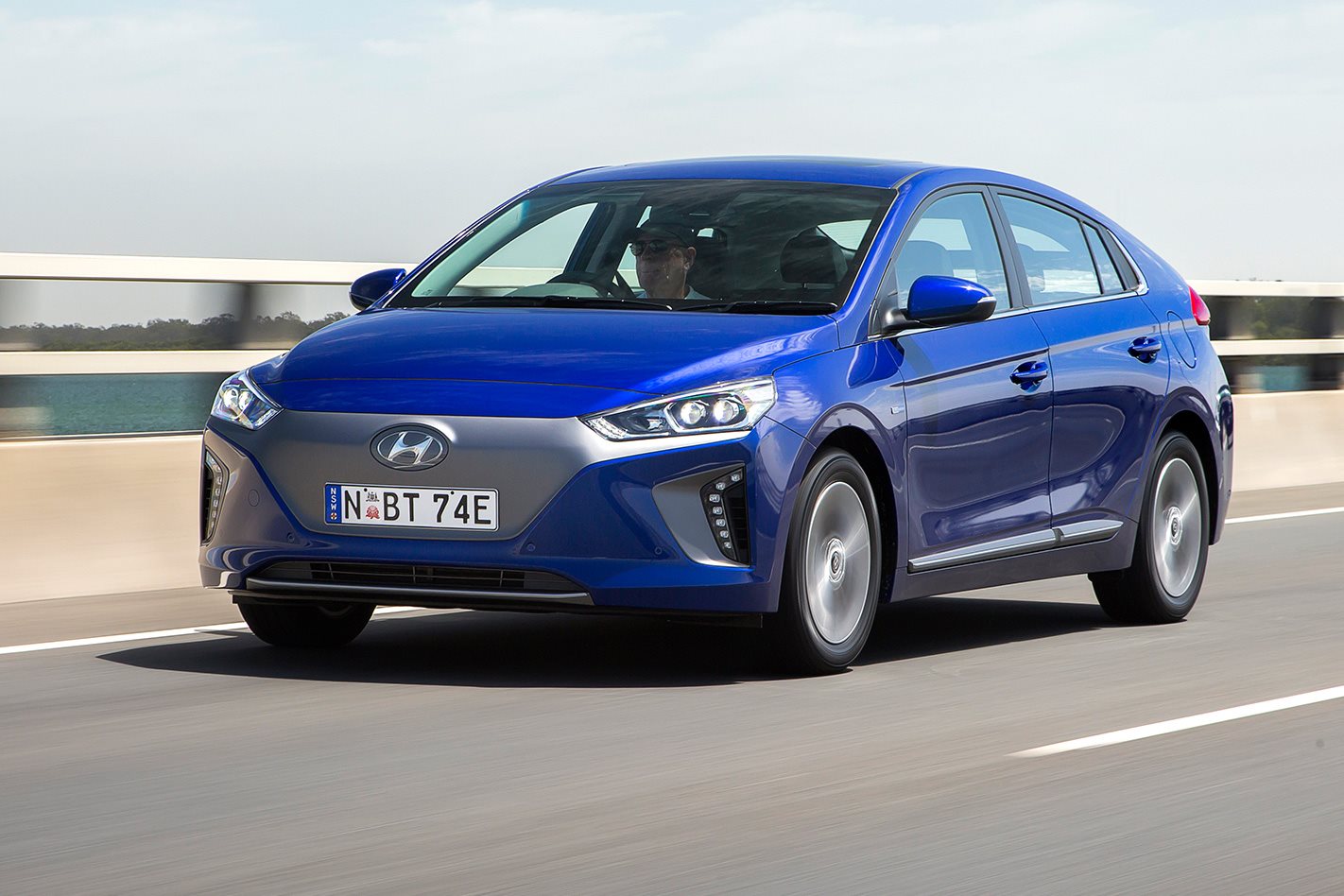
That means even cars with lesser ranges, such as the Hyundai Ionic Electric (above) with its modest 230km range, will get you to work all week on a single charge.
Another thing about EVs is their efficiency actually increases in city traffic thanks to regenerative braking, which recoups kinetic energy while stopping to top up the batteries.
With the ‘new norm’ for range now being about 450kms, EVs are approaching the point where they can easily provide more than enough range for weekly driving duties. There are still limitations for longer trips meaning range anxiety is still very much an issue. But it won’t be too long before you’ll be able to stop somewhere and charge your car to 80 percent in about 20 minutes. That’s about the time it takes to fill up at a highway road house and grab something to eat.
Still don’t like that idea? That’s okay: you’re obviously part of the 50 percent of Australians who won’t be buying an electric car in 2030. Nobody will be forcing you to make the switch, after all.
Is it expensive to charge an electric car?
Generally speaking, no. Compared to a similarly-sized combustion-powered equivalent, electric cars cost a fraction in terms of pure running costs.
This also depends on the type of batteries and whether you’re charging in peak hours or using cheap off-peak power, but based on petrol priced at $1.60 per litre, electricity priced at 0.28c per kilowatt hour and the average annual driving distance 20,000km, going electric will save you money in the long run.
For more detail, our story ‘How much does it cost to charge an electric car?’ delves into the specific numbers and compares like-for-like. Now, are electric cars more expensive to purchase? Absolutely – that’s the key barrier to EV adoption here.
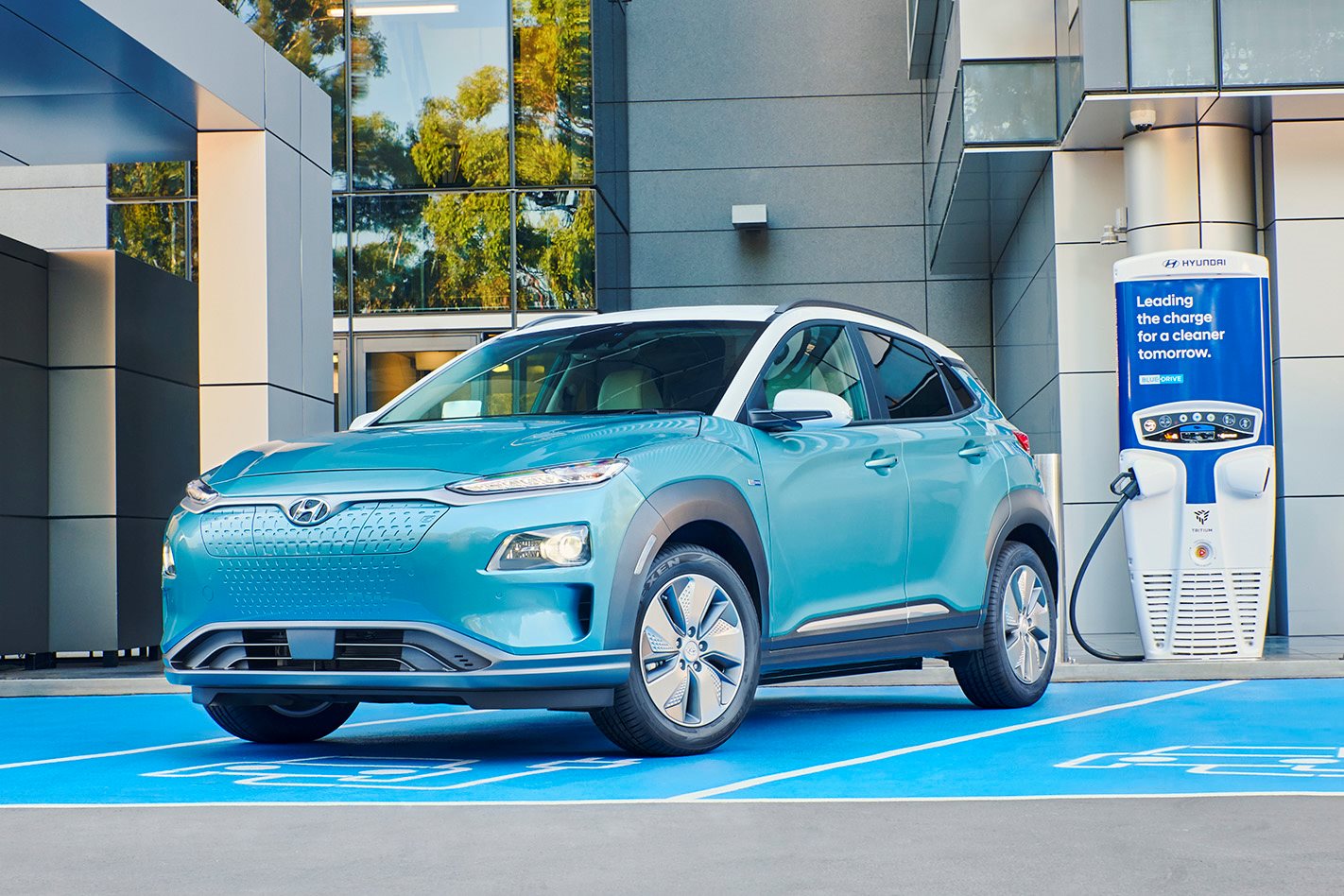
How are EVs clean if the electricity comes from coal?
That’s a fair question, but people who raise this point to argue against the benefits of battery EVs usually neglect to mention that the whole process of extracting oil from the ground, refining it, transporting it and pumping requires energy too.
As the following video explains EVs are more energy intensive to build than combustion cars because of the battery manufacturing process. But once the cars are driven EVs will be about 50 percent more efficient during the course of their lifetime when charged with a mixture of coal-fired and renewable energy.
Disposing of old combustion cars and EVs requires about the same amount of energy with most of the precious (and expensive) metals used by the batteries able to be recovered and recycled.
Will EVs become affordable?
Electric cars are currently more expensive than comparable combustion cars, but this is already changing as the technology and the number of vehicles being built becomes more prevalent.
Despite the fact EVs are still rare in Australia, we’re already seeing relatively affordable options in Australia including the Hyundai Ioniq which retails from $44,990, with the Nissan Leaf priced just under $50K. That said, they’re still much more expensive than similarly-sized conventional small cars.
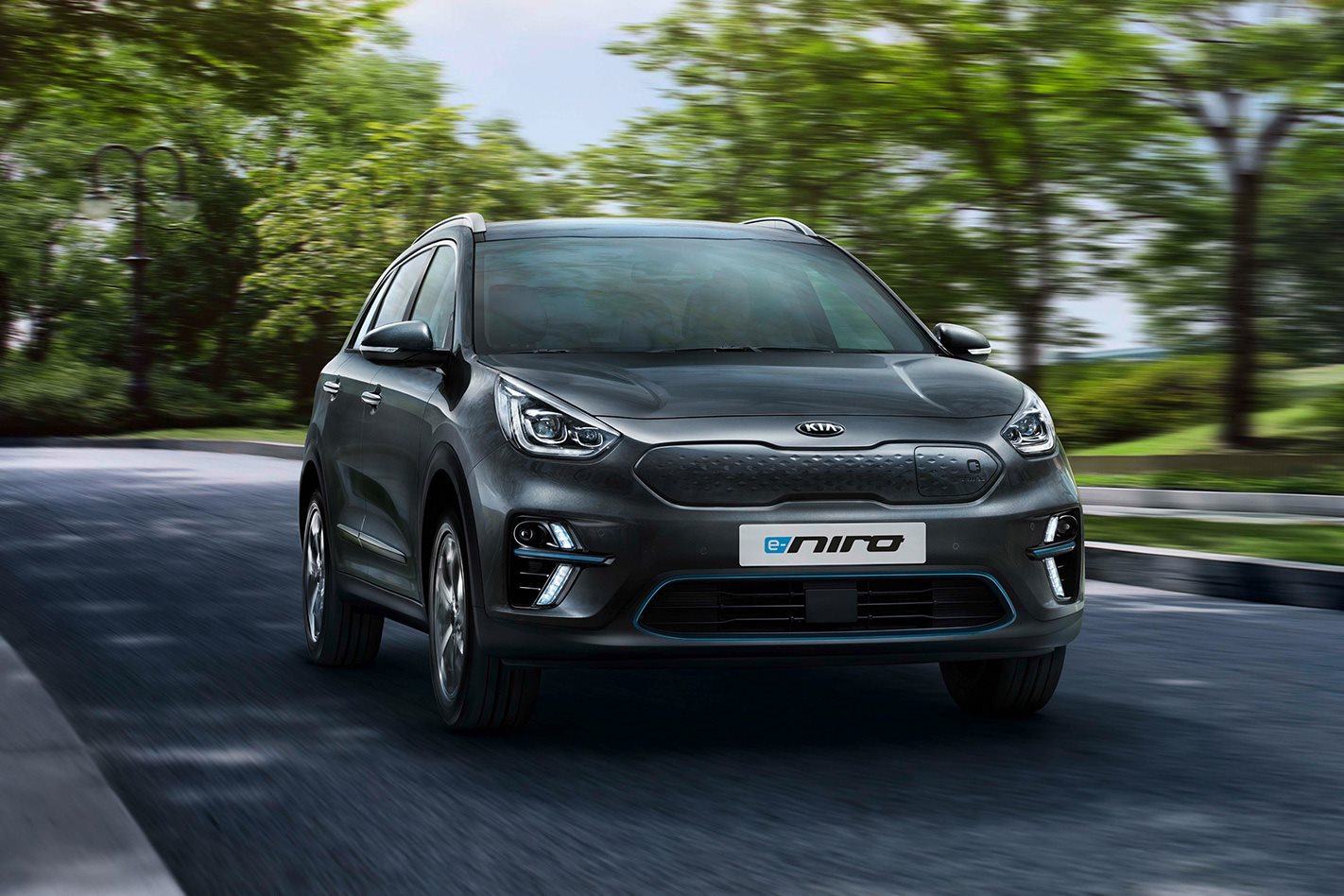
Electric vehicles are still on the fringes in Australia, but expect the numbers to snowball as the EV segment grows, economy of scale improves and competition increases. We’d be surprised if EVs aren’t cost-competitive with combustion engined cars by 2030.
As Tesla has shown, the new technology levels the playing a little by allowing new and emerging brands to enter the market without having to compete against decades of combustion engine development.
And while the growth is happening quicker than previously expected, there will still be a gradual transition. Hybrids that pair combustion engines and lower-capacity batteries should help overcome some of the uncertainties including range anxiety and charging times.
All this, along with vehicle autonomy, makes this a very exciting period in the history of motor vehicles, which is why the last thing this country needs is misinformation and division that leaves us behind the rest of the world.


